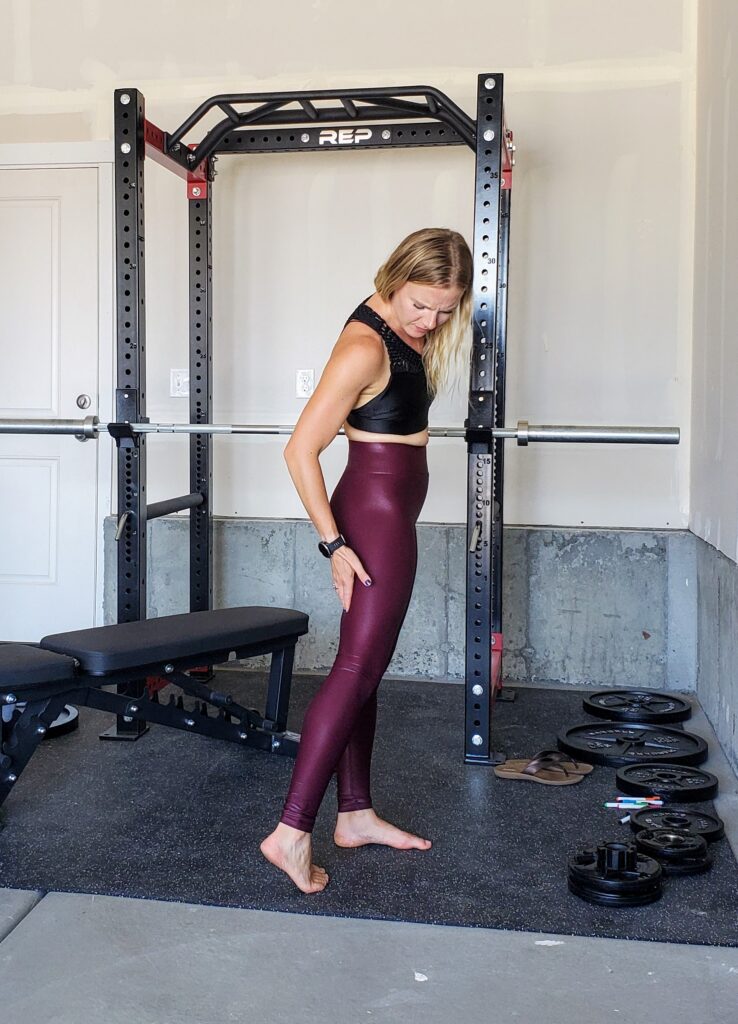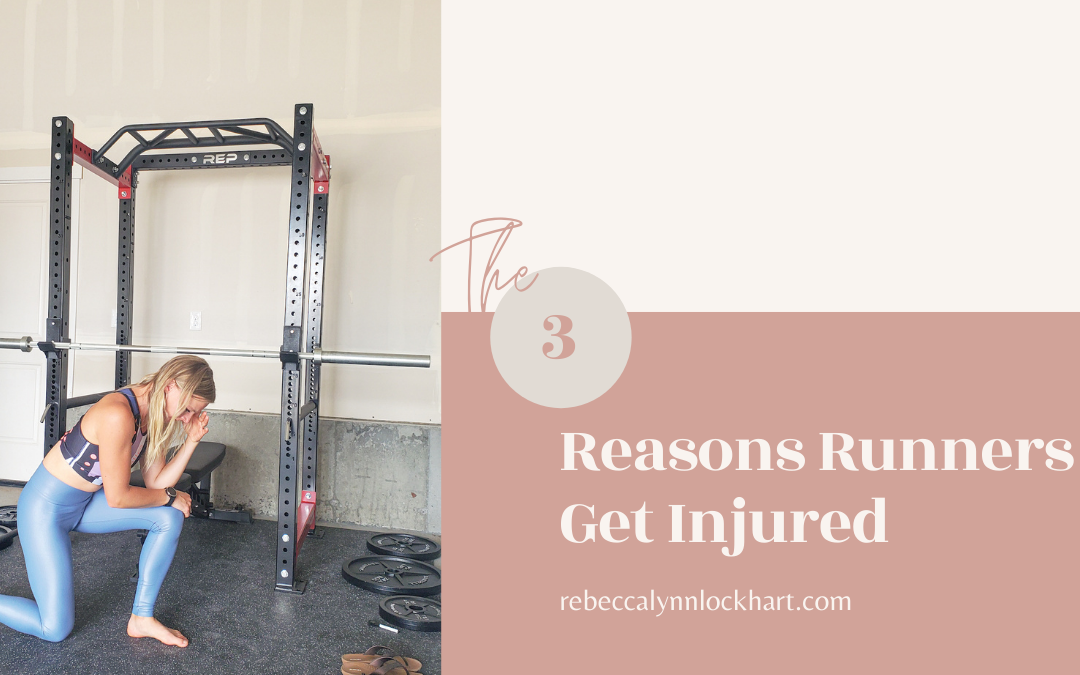Are you a runner who keeps getting injured over and over again? Whether it’s the same injury or a different one every month, this is common and one of the reasons that running can have somewhat of a bad reputation. Cue the old people telling you you’ll ruin your knees and that it’s way too much impact on your body.
None of these things are true of course.
So why do you hear about so many runners getting repeat injuries? And why are you one of them?
Why do runners tend to get injured frequently?
There are a couple reasons that seem to be common.
1. Doing too much too soon.
As a new runner, cardiovascular fitness will improve much faster than musculoskeletal strength. Just because you’re having an easier time breathing doesn’t mean you’re ready to hit a 10-mile run every weekend. It takes your musculoskeletal system much longer to adapt and it’s important we let it adapt. Running is a higher impact activity. This doesn’t make it a bad or dangerous sport. It just means we have to train smart and not rush into things.
Which is why I feel having a coach is the best course of action for runners of any level. It’s our job to write a program that progresses safely, to listen to your feedback, and adjust when needed.

2. Skipping strength training.
This is usually the biggest game changer for a runner. If someone comes to me and tells me they keep getting injured the first question I ask is how often they strength train and/or what they’re doing for strength training. The majority of the time I get a guilty look that says they don’t do any strength training. It’s nothing to feel guilty about.
For years, the running industry hasn’t stressed the importance of strength training. The mindset has been that runners should be very lean. The smaller you are the faster you can run. And there’s this notion that lifting weights will make you super bulky.
Wrong. Wrong. Wrong.
Lifting weights will not make you bulky. Bulking up is actually very difficult and takes specific training and nutrition. What lifting weights will do is strengthen your muscles and increase your bone density to better support you during your runs. Focusing on strengthening our weaker muscles (commonly core, hamstrings and glutes in runners) can help us run more efficiently with better form. In turn, our injury rates decrease. Strength training can also help with mobility by moving you through a full range of motion with weight.
3. Lack of mobility
This one I list last because it’s often the first thing people will say, but the least important in my opinion. I used to be one of those people – preaching stretch more, foam roll more. Those things aren’t inherently bad. They’re actually great. However, strength training and proper program progression are MUCH more important and should be prioritized first. As I said above, strength training can actually have a pretty big impact on your mobility as you move through full range of motion with various exercises. The added weight can help push you naturally into a deeper ROM, therefore improving your mobility.
So while I do think stretching and foam rolling is important, I don’t think of it as a number one priority anymore. The biggest constraint people have when it comes to exercise is time. So if you only have time for either strength training or stretching – I’m going to tell you to strength train every single time.
So if you’re the runner who keeps getting injured, let’s talk about coaching. One of my jobs as your coach is to keep you injury free. Now doesn’t that sound nice?
Remember: this post is for informational purposes only and may not be the best fit for you and your personal situation. It shall not be construed as medical advice. The information and education provided here is not intended or implied to supplement or replace professional medical treatment, advice, and/or diagnosis. Always check with your own physician or medical professional before trying or implementing any information read here.
Ready to stop getting injured?
Let’s get started with running coaching!

0 Comments